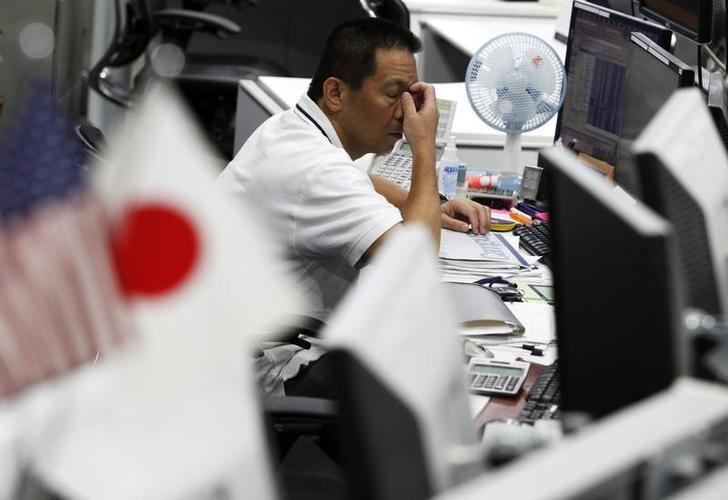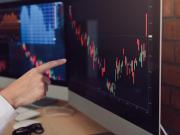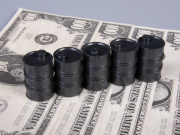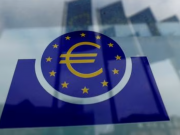
Asian shares barely budged on Wednesday, lacking traction as U.S. bond yields edged near a seven-year peak ahead of a widely expected rate hike by the Federal Reserve and as international oil prices rose to four-year highs.
MSCI's broadest index of Asia-Pacific shares outside Japan .MIAPJ0000PUS was almost flat in early trade, in part as South Korea is closed for a holiday. It stayed below a three-week high hit on Friday.
In Japan, the Nikkei .N225 edged down 0.4 percent.
Wall Street shares were mixed, as rises in energy shares on higher oil prices and gains in consumer discretionary shares following strong U.S. consumer confidence were offset by falls in other sectors.
U.S. consumer confidence hit an 18-year high, adding to a string of recent U.S. data that pointed to the strong U.S. economic momentum, despite concerns about trade wars U.S. President Donald Trump is waging.
The Dow Jones Industrial Average .DJI fell 0.26 percent, the S&P 500 .SPX lost 0.13 percent while the Nasdaq Composite .IXIC added 0.18 percent.
The utility sector, sometimes seen as an alternative to bonds because of the relative steadiness of their business, was the worst performer as investors braced for a rate hike by the Federal Reserve later on Wednesday.
The benchmark 10-year Treasury yield US10YT=RR rose to as high as 3.113 percent, near its seven-year peak of 3.128 percent touched on May 18.
Fed funds rates futures implied traders are fully pricing in a rate hike on Wednesday, and another 85 percent chance the Fed would raise rates again in December.
"The focus will be on whether the Fed will indicate its tightening is coming to an end. The Fed may not do so today but I expect markets will soon start looking to that scenario," said Akira Takei, bond fund manager at Asset Management One.
Takei noted that there are already signs that higher rates are starting to hurt the U.S. economy, such as a rise in delinquencies of consumer loans, adding the dollar's softness could be an early sign of growing focus over an end to the U.S. tightening cycle.
The dollar's index against a basket of major currencies stood at 94.169 =USD, near Friday's 93.808, a 2-1/2-month low.
The euro traded at $1.1765 EUR=, not far from three-month high of $1.18155 touched on Monday.
Many emerging market currencies, such as the Turkish lira TRYTOM=D4 and the South African rand ZAR=D4, also kept some distances from lows hit last month.
A rare exception was the yen JPY=, which changed hands at 112.98 to the dollar, near six-month lows of 113.18 set in mid-July.
Oil prices slipped following data showing U.S. crude stocks rose unexpectedly last week and renewed call from Trump on OPEC to boost crude output.
Still they were supported on the whole on concerns of tight supply on U.S. sanctions on Iran's oil exports.
Benchmark Brent futures LCOc1 hit $82.55 per barrel, its highest since Nov. 10, 2014, on Tuesday and last stood at $81.41, down 0.55 percent on the day.
U.S. crud futures CLc1 shed 0.6 percent to $71.87 per barrel after hitting an 11-week high of $72.78 the previous day.









